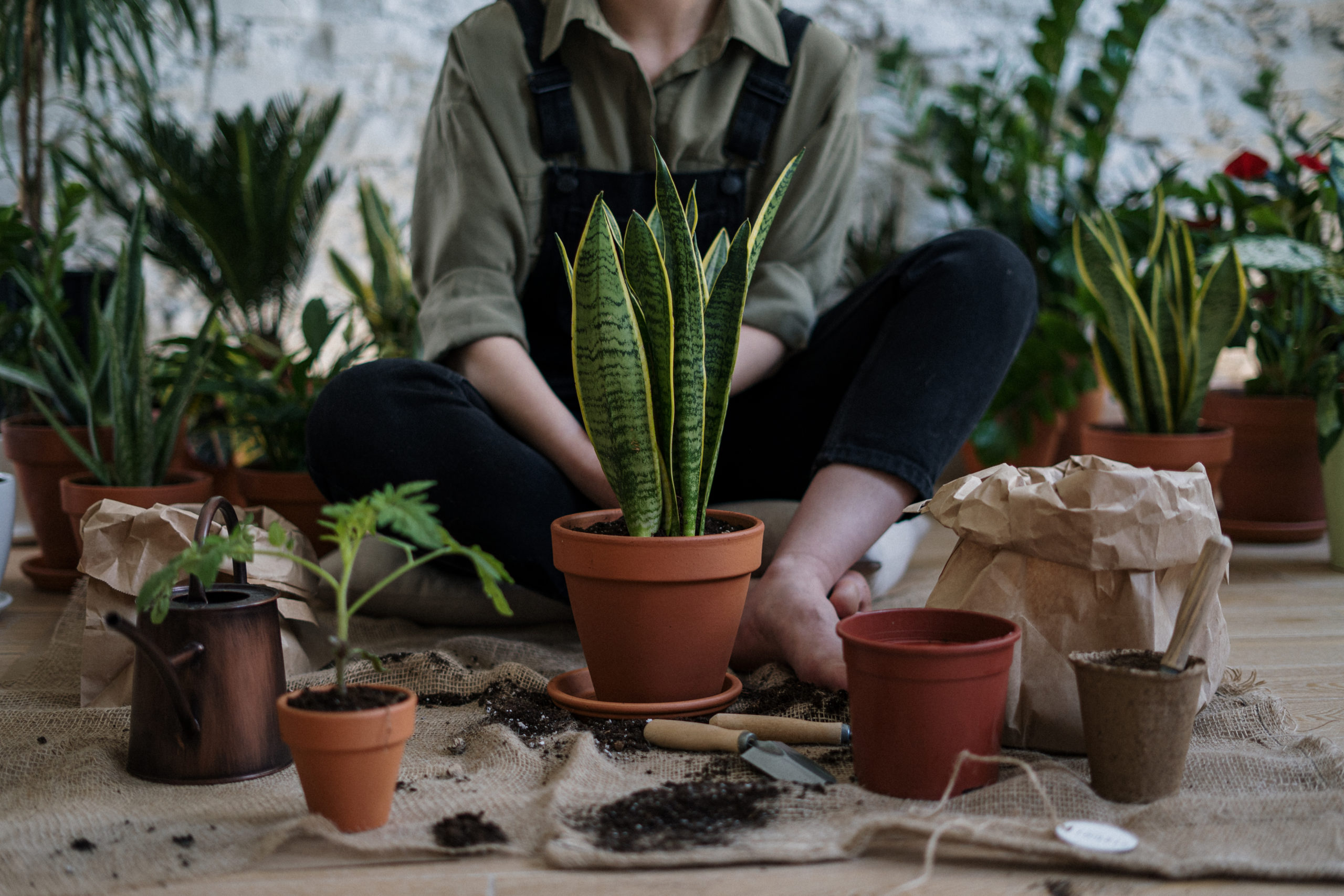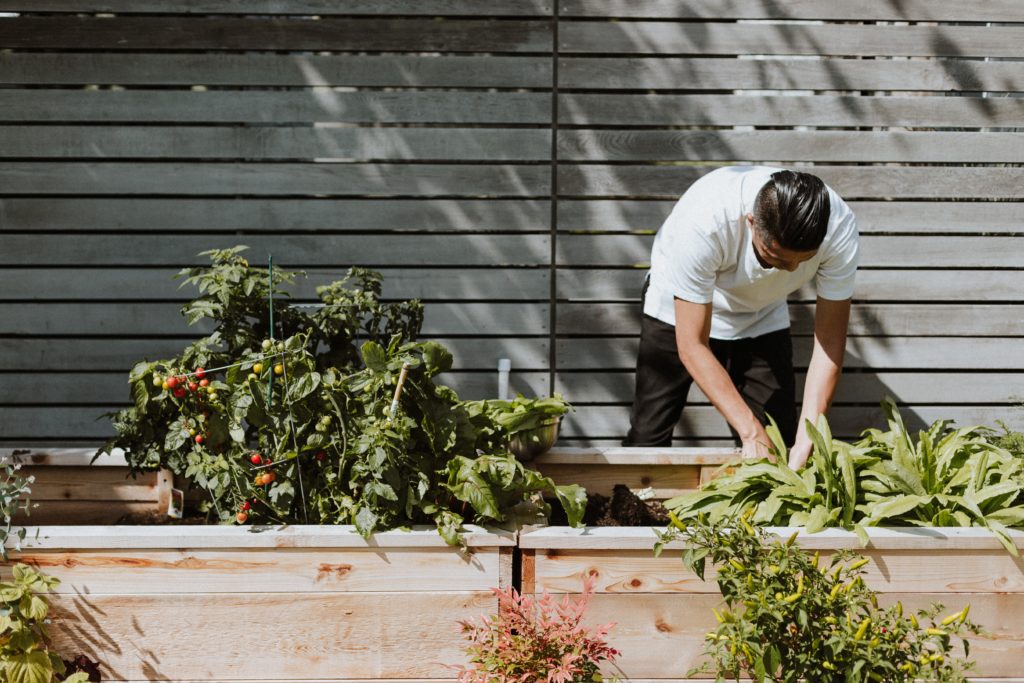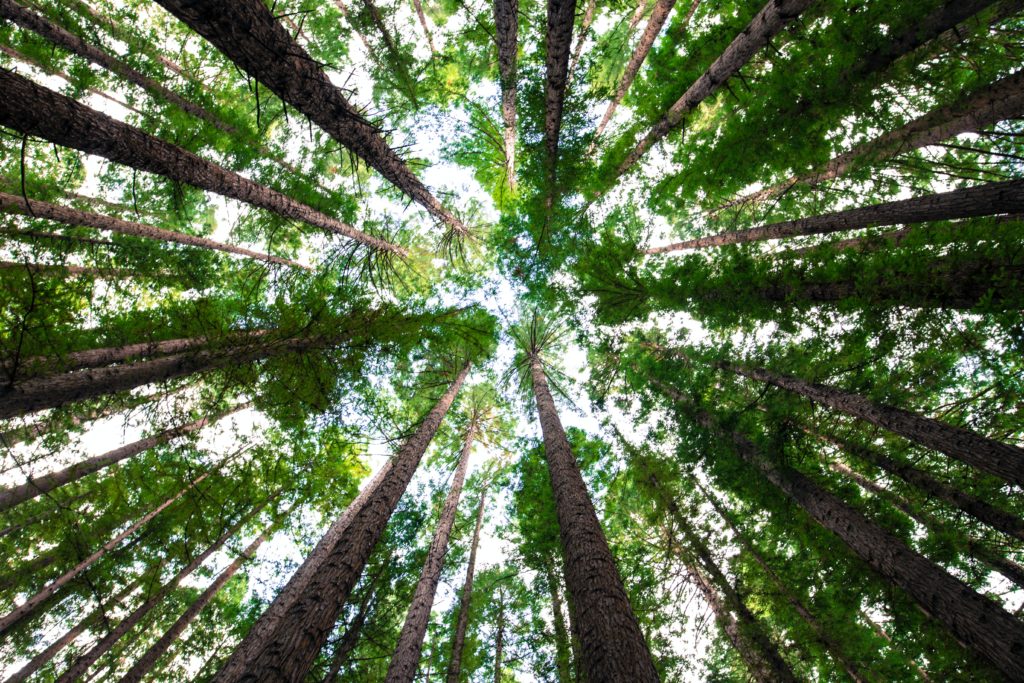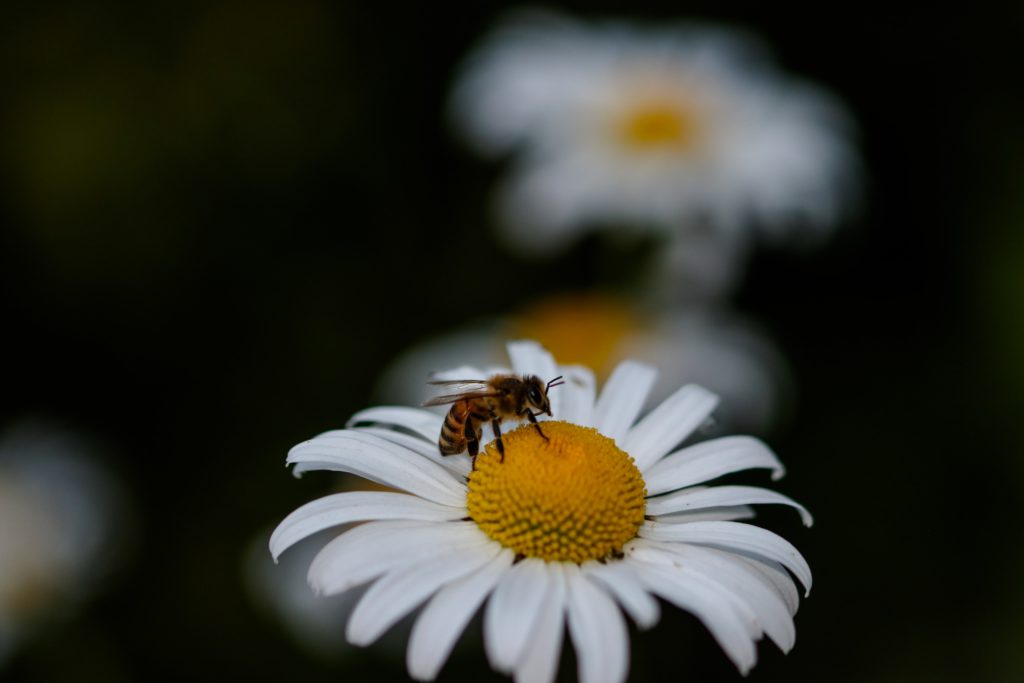7 Ways To Celebrate World Planting Day

Did you know there’s an entire day dedicated to planting around the globe? I don’t mean Earth Day or Arbor Day, but a completely separate holiday known as World Planting Day. It’s dedicated to planting in whatever capacity you can, from planting a garden, to helping an organization, or even just spreading awareness about the importance of plants.
Here are a few ways to celebrate World Planting Day:
Plant a tree!
World Planting Day falls at the perfect time to plant a tree, according to Growing a Greener World: the fall! They even offer a guide on how exactly to plant a tree, including how deep to dig, when to water, and when to step back. Additionally, a single mature tree can capture 48 pounds of CO2 a year, and an acre can capture double your car’s output in a year.
Grow a garden.
Make sure to pick a spot with lots of sun and good soil. You can even start a garden box if the natural soil around your yard isn’t good, or if you don’t have a yard. As a bonus, you’ll save money on groceries, reduce your carbon footprint as the food won’t travel as far, help replenish nutrients in the soil, and help out the bees. It can also help your physical health, your mental health, and maybe help relationships grow stronger. The Old Farmer’s Almanac has a great guide for beginners.

Join a community garden.
Don’t have the yard space for a personal garden? No problem. There are plots of land in many communities where you can garden alongside your fellow neighbors. To your local community garden, do a quick internet search and a few should pop up. Plus, there are a lot of benefits to the community, like increased accessibility to healthier food, skill-building, improvement of social wellbeing, decreased violence, and community building.
Help plant a Trillion Trees.
Trillion Trees is an organization whose goal is to end global deforestation one tree at a time. They plan to do this not only through planting trees, but also reducing deforestation, improving protections of forests, and advancing restoration. You can donate to them directly, or get in touch and see how you can help more specifically with any of their programs.
Use Ecosia as your search engine.
Think about how many times you Google a word or a question each day. What if every search you made helped plant a tree? With Ecosia, you’ll do exactly that! This search engine uses their profits to plant trees, and their servers are run on renewable energy. So far, they’ve planted over 110 million trees around the globe. Each search you make also removes 1kg of CO2 from the atmosphere. Don’t believe it? Ecosia shares their financial report with the public every month, so you can see exactly where the money goes and view the funded projects.

Bank with Good Money
Business for good is good business, and the folks over at Good Money are putting that into practice (and helping you do the same!). Through their partnership with Rainforest Trust, they help protect over 300,000 acres of the Amazon by funding the land titling process that puts land back in the hands of indigenous communities. With every purchase you make through Good Money, you help fund land titles for 484 square feet of indigenous land,, translating to about 10 trees and 133 animals. They also use 50% of their profits to fund activism for social and climate justice. For those of us nervous about banking, don’t worry, they’re FDIC insured.
Make a donation:
If nothing else, there are tons of organizations you can donate to. Here’s a few:
- Amazonas Sustainable Foundation, who support communities across the Amazon.
- American Farmland Trust, who encourage environmentally friendly farming practice and support local farmers.
- The Land Institute, who work to make current agricultural practices more sustainable.
Why Plants Are Important Bees-ness
Plants are the base of everything around us: the wood our houses and furniture are made of, the medicine we take, the food we eat, the fuel we use for heat and in our cars, the air we breathe. We would not exist in the current capacity without plants.
Through photosynthesis, plants put out the oxygen we need to breathe. They are also carbon “sinks”, meaning they absorb greenhouse emissions like carbon dioxide, while still secreting oxygen. They also return nutrients to the soil and surrounding environment for other plants to use when they decompose. We compost to use this to our advantage in gardens, helping continue the cycle.

The cycle can veer off from there, in several directions. Some animals eat plants, such as cows, and some animals, such as birds eat insects which gain nutrients through the soil. We eat plants, and we eat the animals that eat plants. We consume products like honey, from pollinators that allow plants to grow, such as bees, and pollinators are just as important. Without them, we wouldn’t have plants like we do now; any plant that flowers needs pollinators to grow and reproduce. This includes tomatoes, blueberries, apples, broccoli, and countless others.
We have a duty to this planet we call home, to protect it and it’s resources. But human activity, through climate change, deforestation, and some agricultural practices, is hurting plant life around the globe. Here’s how you can help and celebrate World Planting Day.
At the end of the day, World Planting Day is just a single day out of the year, while the actions inspired by it can impact a lifetime (of a plant, and humans). So, take an action, take a stand, and make some change.


whoah this blog is wonderful i really like reading your articles. Keep up the great paintings! You realize, a lot of people are hunting round for this info, you could help them greatly.
I have read so many posts about the blogger lovers however this post is really a good piece of writing, keep it up
whoah this blog is wonderful i really like reading your articles. Keep up the great paintings! You realize, a lot of people are hunting round for this info, you could help them greatly.
I have read so many posts about the blogger lovers howeverthis post is really a good piece of writing, keep it up.
https://www.philadelphia.edu.jo/library/directors-message-library
Great selection of modern and classic books waiting to be discovered. All free and available in most ereader formats. download free books
https://www.philadelphia.edu.jo/library/directors-message-library
I have read so many posts about the blogger lovers however this post is really a good piece of writing, keep it up
Great selection of modern and classic books waiting to be discovered. All free and available in most ereader formats. download free books
whoah this blog is wonderful i really like reading your articles. Keep up the great paintings! You realize, a lot of people are hunting round for this info, you could help them greatly.
First You got a great blog .I will be interested in more similar topics. i see you got really very useful topics, i will be always checking your blog thanks.